When it comes to carnivores, misunderstanding often obstructs our ability to appreciate their unique attributes and benefits to natural ecosystems.
This is especially true for coyotes. In many parts of the country, coyotes are seen as vermin. They are often killed with little to no regard to the individual animal or the animal as a species. The myths and misunderstandings surrounding coyotes often clouds judgements of farmers, city dwellers and land owners alike.
Coyotes are considered a “keystone species”, named after the masonry stone at the apex of an arch that supports the entire structure. If that stone is missing, the whole arch will tumble. Keystone species play a critical role in upholding the integrity, productivity, and sustainability of our ecosystems.
Let’s take a bit of time to learn more about the coyote so we may better understand their important role in the ecosystem.
Coyotes help control the rodent population. Small rodents and rabbits are a main source of food for the coyote. These animals are also responsible for the spread of zoonotic* diseases. By controlling their populations, coyotes reduce the spread of those diseases such as Lyme disease to the human population.
Coyotes also regulate smaller predator populations such as fox, cats, opossums and raccoons. These smaller predators feed on the eggs of many wild bird species. By controlling the smaller predators, coyotes directly benefit wild bird populations.
New research into the lives of coyotes has produced evidence that indiscriminately killing coyotes increases their population numbers. When left alone, coyotes can regulate their own numbers. Alternatively, if an alpha pair is killed, subordinate pack members will reproduce with a larger litter.
Now that you know coyotes benefit the ecosystem, what can you do to coexist?
There are many things you can do to coexist with coyotes whether you live in an urban area or out in the country. Do not feed coyotes or other wild animals and always feed your pets indoors. Install automatic lighting that may deter coyotes from entering your property. Keep all pets indoors from dusk until dawn. Remove any brush that coyotes may shelter in.
What is Wild Paws’ role in coyote conservation?
Wild Paws will provide wild coyotes, who have been displaced due to injury or deemed a nuisance, a forever home that mimics what they had in the wild. Wild Paws volunteers and staff understand the complex needs of coyotes and will build all habitats specifically designed for the individual.
We have already received calls to place several coyotes in need of a home.
With your support we can build natural habitats for coyotes in need.
Definition
* Zoonotic: Pertaining to a zoonosis: a disease that can be transmitted from animals to people or, more specifically, a disease that normally exists in animals but that can infect humans.
References
“Coyotes”.” Predator Defense. N.p. Web.
“Carnivore Coexistence (Leopold’s Wise words – Part 1)”. First Light Wildlife Habitats. (2018) n.p. Web.


